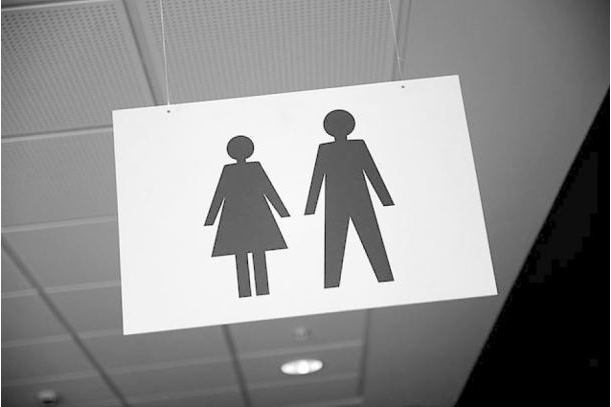Promoting gender equality as a common good

Summary
Studies have shown that promoting gender equality is good for business, the economy, and it is ultimately good for everyone – man and woman.
From a conceptual framework, my advocacy for equal participation of women in the workforce has always hinged on two main ideas. The first is that the number of men and women in the world is roughly equal. While men constitute 50.4% of the world's population, women account for 49.6%. By implication, women potentially represent half of the world’s pool of talents and prospects for advancement. However, women have continued to suffer restrictions in labour contribution. The proportion of women of working age in employment is 50%, compared to men 77%.
People are a nation's most valuable assets. This leads to the second reason I strongly support gender equality across all of society. Any country that persistently fails to engage and develop the potential of ‘half of its most valuable asset’ will continue to underperform. No matter how rich a country is in natural resources, it will soon realize that massive commodity revenues are not a substitute for policies that enable the right environment for people and businesses to flourish.
Oil-rich countries including Nigeria and Saudi Arabia are currently in the throes of economic challenges due to the slump in the prices of the commodity. In response, the Nigerian government recently introduced an economic plan to pull the economy out of the 2016 recession and generate employment. On its part, the government of Saudi Arabia is implementing an economic transformation plan that partly emphasizes expanding job opportunities for women.
Expanding the talent pool by empowering women and giving them equal opportunity to work can increase economic productivity and provide considerable gains for businesses. Companies can have more skilled and better qualified personnel to choose from, thereby increase their prospects for improved operational efficiency and return on shareholders’ investment. Decision-making can also be enhanced by having more diversity.
A research conducted by the Peterson Institute for International Economics and Ernst and Young shows that having more female leaders in a business can significantly increase profitability. The report, published in February 2016, analyzed the results of close to 22 global publicly-traded companies across various sectors in 91 countries. According to its findings, an organization with 30% of female leaders could increase its net margin by 6 percentage points. In a nutshell, the research shows that firms with more female leaders could outperform firms with fewer.
The potential economic benefit of equal opportunity for the genders in the workplace has also been demonstrated by a different report by McKinsey Global Institute (MGI). The report, released in September 2015, estimates that global GDP could rise by up to $28 trillion by 2025 – or 26% growth – if women participate equally in business as men. $28 trillion is roughly equivalent to the current sizes of the American and Chinese economies put together.
In 46, of 95 countries analyzed by the MGI, annual GDP would increase by over 10% by 2025, compared to if no advancements in gender equality were made. In Nigeria, where women are already a significant part of the informal sector, the economy could record greater gains from gender equality.
While Nigeria was found to have a relatively high level of gender equality in work along with Ethiopia and Thailand, gender parity in other areas – such as access to essential services, enablers of economic opportunity and legal protections for women – was far lower. But on perceived pay disparity between women and men, Nigeria performed better than the United Kingdom, United States and Germany. Nevertheless, wages in Nigeria are still not equitable among men and women. Unsurprisingly, in crucial areas such as maternal health, child marriage, political representation and financial inclusion, Nigerian women fared worse than their peers elsewhere in the world.
We need to increase the level of open and critical discourses about gender inequalities across society, including in the workplace where certain corporate cultures fail to accommodate for the unique challenges women face. Issues of maternal health, child marriage and traditional biases that unfairly restrict women must be resolved to ensure that every woman can perform at full potential. The Nigerian government has an obligation to protect women by eliminating gender discriminatory laws and improving women’s access to finance.
Gender equality has always been a moral imperative. Various studies have now shown that, beyond being the right thing to do, promoting gender equality is also good for business, good for the economy, and it is ultimately good for everyone – man and woman.
Olayinka Omolere is a research analyst and consultant
Related
-
Access Bank promoting gender equality in the financial services sector
The Central Bank of Nigeria recognises the fact that financial access, inclusion and literacy are the cornerstones of ...
-
Access Bank’s giant strides in the journey to gender equality
As we celebrate the remarkable achievements of women across the world, we must acknowledge the ongoing struggle for true ...
-
Experts say gender diversity growing at a slow pace in Africa
The panelists said women have had little, albeit increasing, access to power and strategic decision-making.










